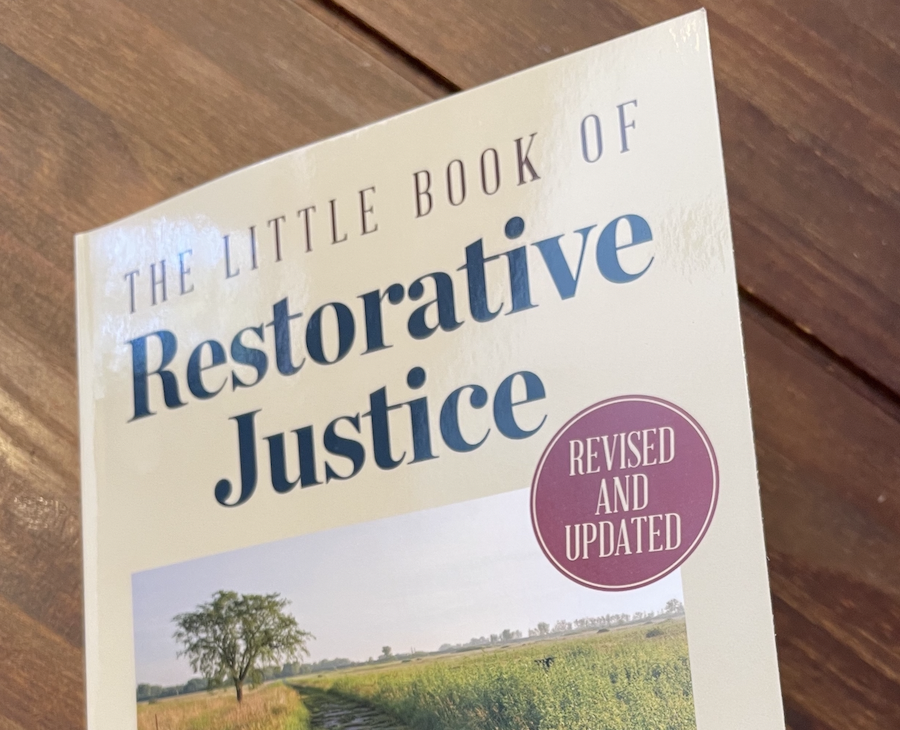
Tips
Beyond the mob: can restorative justice address digital vigilantism?
The internet has become the modern public square, where discussions unfold, reputations are built, and justice is sometimes pursued in real time. With a

features
Restorative Justice assessments and tools for better results
We live in a world where technology is widely used to introduce us to others and start the process of building relationships. There are many

restorativejusticetools
A great introduction to restorative justice by Howard Zehr
At Restorativ we give all new team members a copy of "The Little Book of Restorative Justice" written by Howard Zehr. It is a fantastic introduction to

Tips
Gathering the right data: improving Restorative Justice
The importance of quantitative information in Restorative Justice In today's rapidly evolving landscape of restorative justice, data plays a pivotal role

Tips
Social media addiction, victimization and preventive solutions
Social media has transformed the way we communicate, interact, and form relationships. With just a few taps on a screen, we can connect with people from all

Tips
Restorative Justice & Technology: a look towards the future!
Embracing Digital Transformation in Restorative Justice In the evolving landscape of restorative justice, technology has emerged as a powerful ally, reshaping

Tips
Addressing teachers' burnout through restorative practices
Teachers are often described to be one of the most rewarding professions, yet it is also one of the most demanding. Educators today are expected to navigate

announcements
Dr. Pablo Romero joins the Restorativ Team!
Restorativ is pleased to announce that Dr. Pablo Romero-Seseña has agreed to become a Management Analyst to the organization. Introducing Pablo, our

News
Restorative Equity: moving beyond justice to repair and transform
Justice is often framed as a system of rules and consequences, a structure designed to enforce order and uphold the law. Yet, for those who experience

Tips
Restorative Justice for refugees: bridging conflicts, building communities
The world is witnessing unprecedented levels of migration, driven by conflict, economic disparity, climate change, and political instability. As millions


